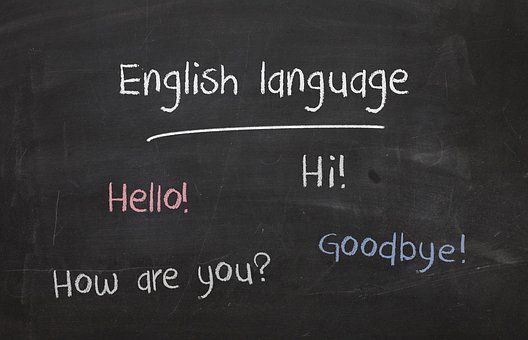
On successfully completing the course objectives for this level, learners will have the ability to deal with routine information and express themselves in familiar situations, such as greeting people, asking for and giving financial information at meetings, taking notes and messages, solving common problems clients have, making plans and confirming arrangements face to face and on the phone. Using common collocations that describe the professional world, learners will be able specify the contribution people in the organization make and the duties they carry out.
You will be able to understand and follow written instructions that consolidate the vocabulary used in a contextualized and realistic way and demonstrate comprehension.
Practicing these expressions and matching the written forms of the vocabulary used at work to the way you speak, you will practice matching the terms in the exercises and keep a record of the pronunciation you practice to monitor the progress you make and encourage reflection.
11 horas lectivas
0 horas prácticas
The Office â‘
Learners will be able to:
- Listen and respond appropriately when arranging meetings, making plans and confirming arrangements.
- Use appropriate language to describe typical duties and responsibilities at work.
The Office â‘¡
Learners will be able to:
- Familiarize themselves with common collocations to answer questions that extend the vocabulary practiced in the previous session which describes specific employee responsibilities and what companies do.
- Recognize and appropriately structure a formal letter to another organization.
The Office â‘¢
On completing this unit learners will be able to:
- Listen and respond to language related to finance and the structure of organizations and workforces.
- Start and finish a telephone conversation and leave a message.
- Express satisfaction/dissatisfaction about a problem with an order and solutions proposed.
The Office â‘£
On completing this unit learners can:
- Express her/his own opinion, and present arguments and justifications in a meeting at work.
- Send emails to check and confirm information about an order and services appropriately.
- Demonstrate they understand the meaning of abbreviations common at work.
Typical situation - Job interview
In this audio, we will be listening to Philipa, personnel head Swan Selection company and Lee, who is being interviewed.
Dialogue - Supply company ordering
In this dialogue we will hear common questions asked at a supply company.
Consolidation
This activity will further reinforce vocabulary understanding. Through a variety of different interactive methods, the consolidation lesson with take all vocabulary of this unit and continue learning skills.